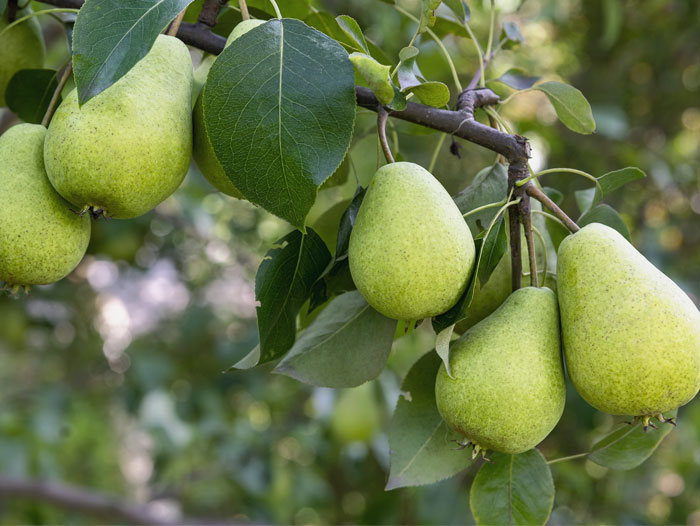Lack of Plant Breeding Programs Could Further Impact Food Security
August 13, 2020 | 1 min to read

The coronavirus has already brought gaps to food security to the forefront during the pandemic. While most of the news has focused on logjams in the supply chains due to consolidated distributors, other factors are beginning to introduce themselves as threats as well. A new study published in Crop Science by Washington State University (WSU) has discovered that declines in crop breeding programs due to COVID-19 have put a damper on funding and personnel.
Plant breeding takes on many forms, from breeding disease tolerance, increasing production, introducing new delicious varieties or improving drought tolerance.
In their report, Evans and her colleagues conducted a survey of 278 plant breeding programs around the United States. Public programs are chiefly federal programs, like those run by the U.S. Department of Agriculture, or based at public research universities.
To read the rest of the story, please go to: Forbes
